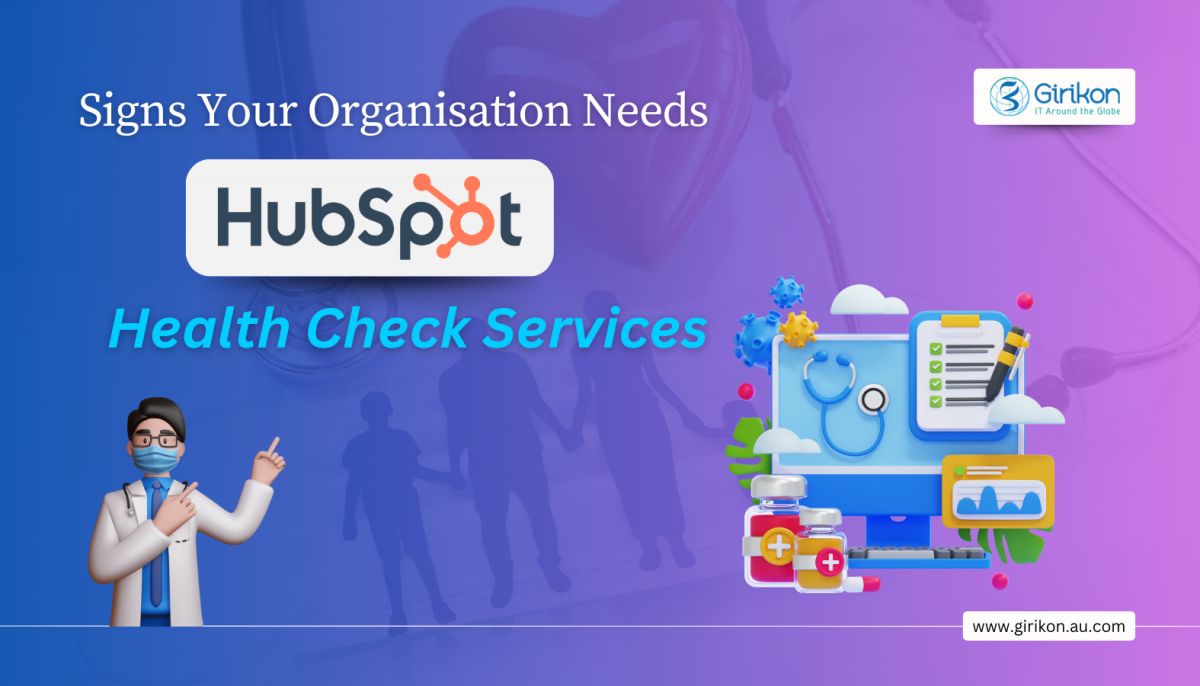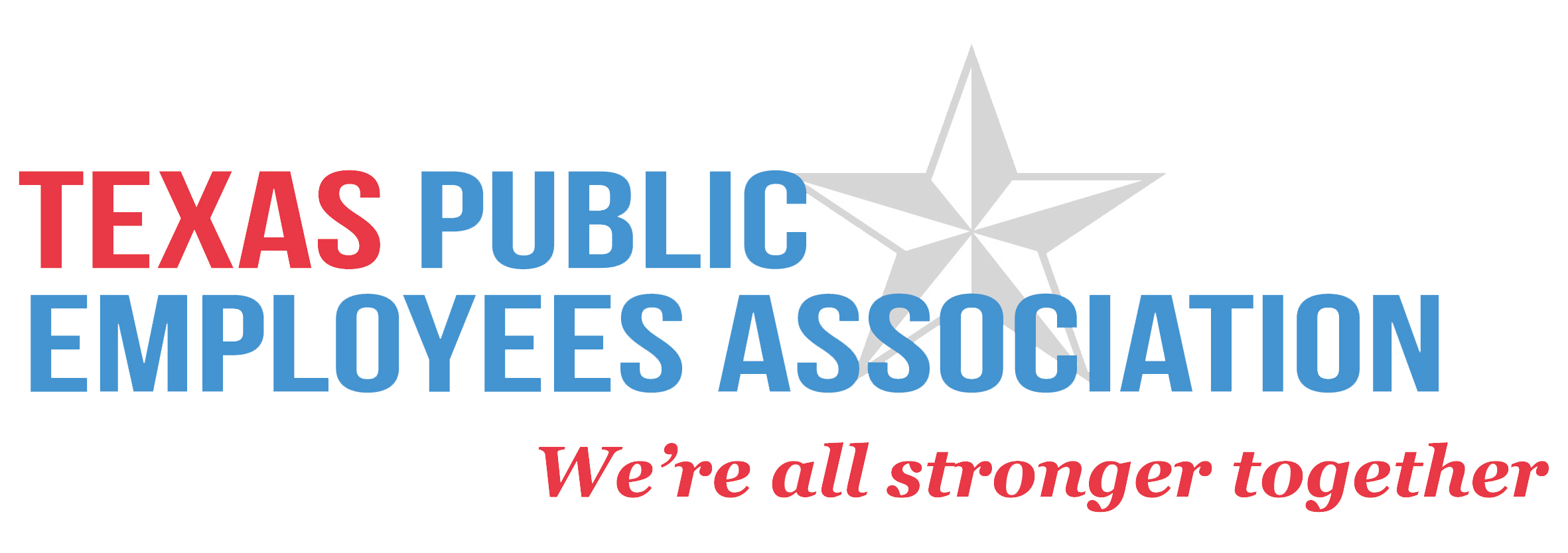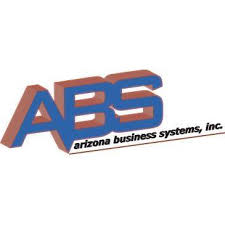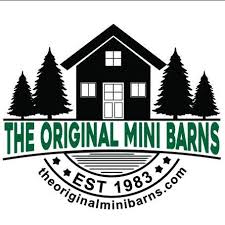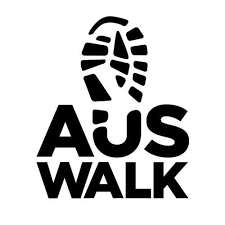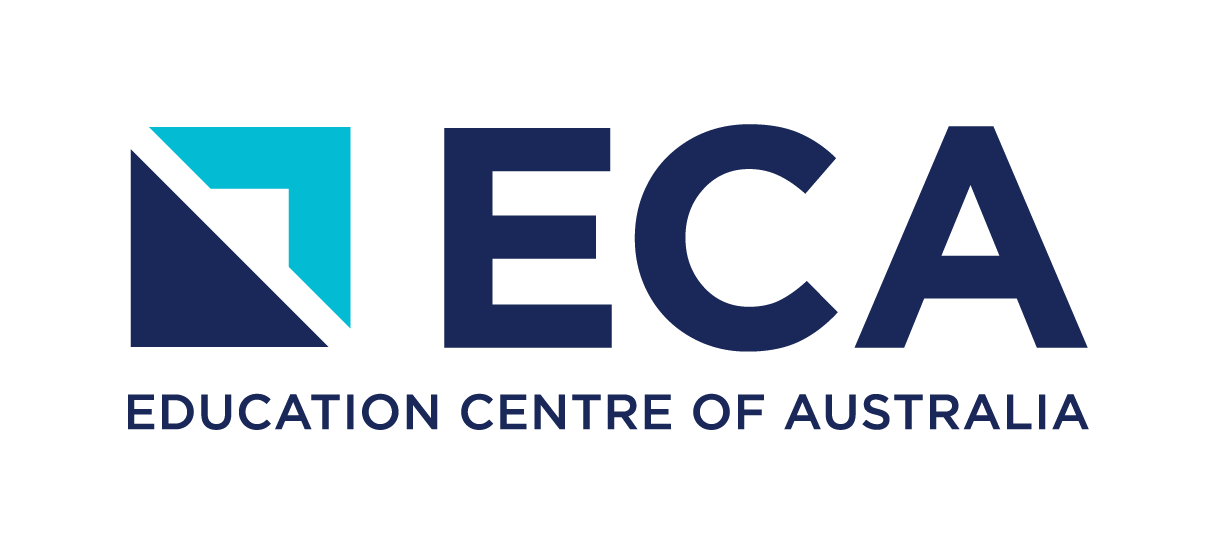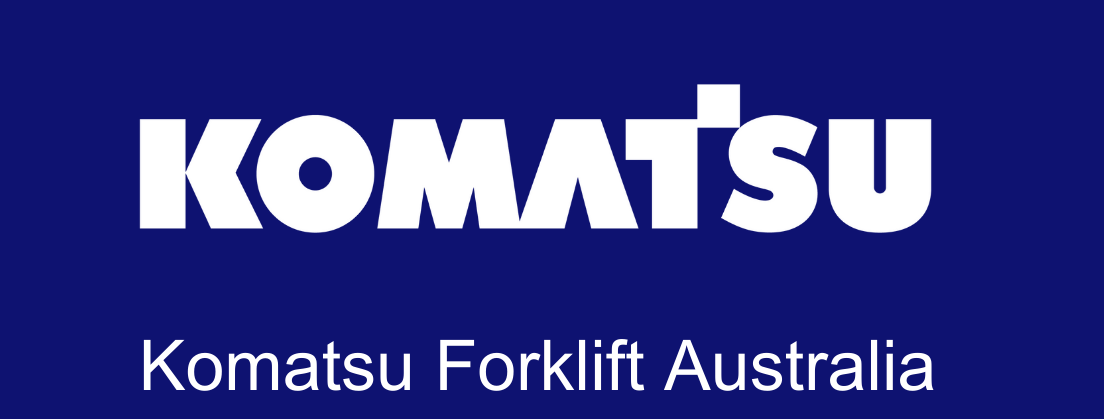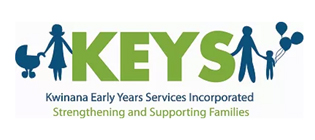Our Blogs
Making your Salesforce implementation work for you and aligned perfectly with your business processes is quite a challenge and more often than not requires a customised implementation of Salesforce. Development activities vary across Salesforce projects and may range from data migration from another system to grounds up development which may include business process automation, custom reports and dashboards and app development – either native Salesforce apps or integration with third party apps.
To ensure that your Salesforce project is a success, it is absolutely critical to hire a technology team that not only has the necessary skills but is also highly motivated.
Customer 360 is the foundation of the Salesforce platform. As long as your customers are happy, your business will grow. One of the ways to augment custom service is through a robust and scalable CRM platform. And to do that you need to ensure that your Salesforce project is in good hands.

Before we get into details, let us understand who should be on a Salesforce development project team.
You need to cater to 4 specific Salesforce-centric roles in a Salesforce development project: a consultant, an administrator, a developer and an architect. There are several other functional roles as well like project manager, business analyst and test engineers involved in any project, but here we will focus on dedicated Salesforce professionals with specific tech skills.
What is the functional role of each of these professionals?
The Consultant serves as a bridge between the customer and the technology team and recommends the most suitable means to use Salesforce to address the customer’s specific needs. To vet a Salesforce consultant’s competence, you can give them specific problems unique to your industry and check how they would go about them.
A Salesforce architect designs the architectural model of the proposed implementation. The architect needs to have an all-round knowledge of the latest Salesforce products and development tools, should have extensive development background, enough experience in integrating Salesforce with third-party systems, and designing custom applications. The Salesforce architect’s role stays relevant throughout the course of the project, with the most critical being design, implementation, and deployment.
A Salesforce Developer is like any other developer with a Salesforce-specific technical skillset (like Salesforce scripting languages, Lightning Components and Visualforce frameworks and Salesforce Object Query Language for data management) to address customer needs. They deploy code on the Salesforce platform to automate business processes in Salesforce, build Salesforce apps for unique customer needs and integrate Salesforce with external systems. Developers begin to participate in the project as soon as the customer signs off on the technical requirements, and the Consultant assigns them development tasks.
A Salesforce administrator is responsible for configuring the Salesforce development instance. Automating workflows, creating reports and dashboards, creating email templates, defining user roles and permissions, and training users on Salesforce are some of the Salesforce administrator’s responsibilities. Moreover, Salesforce administrators are also responsible for the ongoing support.
Some guidelines to ensure that your Salesforce Development Project is in good hands.
Curiosity
This is probably the first indicator based on which you should award your Salesforce development project to the best partner. It is to assess their level of curiosity. Salesforce is upgraded thrice a year with new products, apps and tools and your development partner should be keen to learn and apply these new features, integrations and hacks.
This mindset separates a great Salesforce development partner from others. Staying updated requires plenty of effort. It is crucial to make sure your development partner is willing to learn new things as they go along. They should be motivated to augment their knowledge and understanding in their line of work.
The Development Team
The next thing to know if you have given your project to a great development partner is their development team. Evaluate how their project interacts with other team members. Understand how they are structured and what are the core skills and experience of each of those team members. Do those skills and experience cover all aspects of your project? How many certified Salesforce professionals do they have? When was the last time they got certified?
Experience
Experience is probably the most critical metric when it comes to evaluating companies for Salesforce Implementation. Experience more often than not is the best teacher to learn and grow at every step. You need to make sure your selected Salesforce project development company has adequate experience in all technology aspects that are involved in your project and beyond. Evaluate their overall coding experience, project management experience, 3rd party integration experience, data warehousing and data migration experience and so on.
Planning
This is where many companies make a mistake when they hire a Salesforce Development Partner. You need to make sure the Salesforce development company you have selected are detailed and meticulous with their planning. And good planning skills cannot come without good experience.
Your Salesforce Development Partner must be able to set clear timeline and milestones for key tasks, and the skills and people required to meet each of those milestones. They should eb very good at managing their time effectively. And should have proper checks in place to manage any deviations from the set timelines. This will help avoid any last minute anxiety, especially at the final stretch of project implementation.
Domain Expertise
To hire the best fit company for your Salesforce development project, it is imperative to choose a company with sound knowledge of your domain. This significantly increases the chances of success since they have already worked with companies like yours. Look at their prior experience and projects completed, specifically in your line of business. Look at what business cases they resolved and go through their case studies.
Affordable price.
When looking to hire a Salesforce development company, pricing is an important consideration. You need to find a team of professionals who can help you build and deploy your project and train your staff at a cost-effective price. A great company with a high price tag may not be the best fit for your needs. A result driven approach keeping budget constraints in mind will help you find the best fit. Look out for companies like Girikon that can assist you with professional services along with a global delivery model while maintaining an affordable price.
Evaluate the company profile.
Websites are a good starting point to know more about a company or business. To hire the best Salesforce development company for your project, check out their website and social media profile. Depending on how updated and active their content is, you will get a reasonable idea of who they are and what they do. A professionally designed web presence is a powerful asset that can reveal the quality of their work.
You may use this guide to ensure that that your Salesforce development project is in safe hands. Without exception, look to hire a competent professional.
Girikon is a Gold Certified Salesforce Consultant has global delivery team of functional professionals – consultants, architects, developers and administrators that can cater to all your project requirements. Contact us today to know more.

 +61-1300-332-888
+61-1300-332-888 +1-480-382-1320
+1-480-382-1320